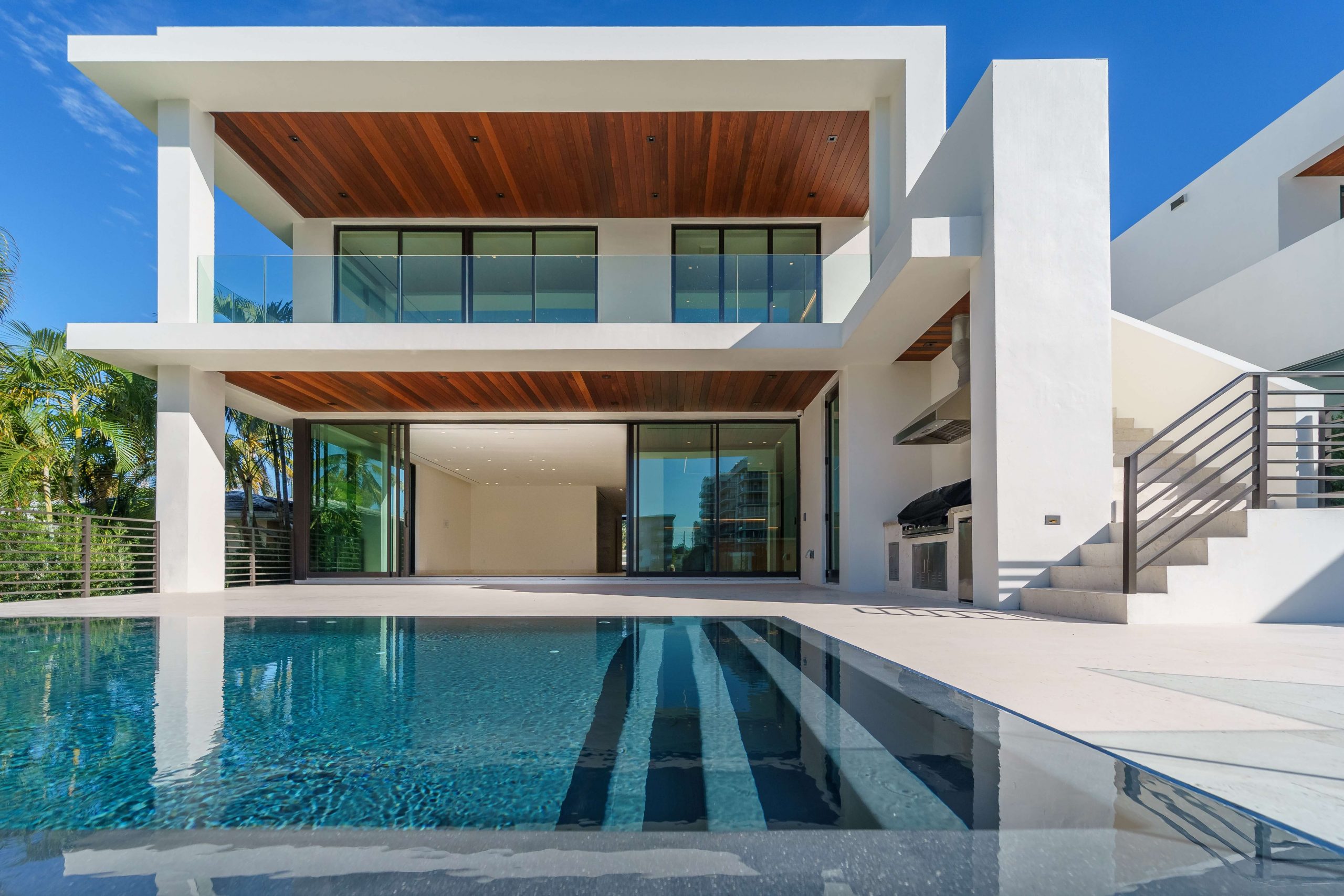When a new home in BC, Vancouver, Burnaby, Coquitlam, Langley - anywhere in BC - is first made available for sale, the builder is required to collect the GST from the purchaser. What happens to the GST if the sale is no longer the best option? For example, let's say a builder wants to live there, have a family member live there, or rent the property out? What are the GST rules then? Is it beneficial to declare the property as a principal residence and if so, for how long?
This article will discuss these common questions and help explain the CRA's treatment of the GST.
Typical Scenario: Purchaser Acquires Property
The Home Builder collects the GST from the purchaser when the property is sold. If the builder is non-resident, or the purchaser is registered for GST (eg a company) or the purchaser and builder make an election using election type 2 on Form GST 22 - under these circumstances, the builder doesn't collect the GST, but rather the purchaser will report and pay the tax directly to the CRA. The key point is the purchaser pays the GST.
New Scenario: Builder Maintains Title
If a builder wishes to make the property available for use by an individual as a place of residence, the builder is deemed to have sold and repurchased (i.e., self-supplied) the property at its fair market value.
The same treatment applies if the builder or relation occupies the property as his or her own place of residence; the builder is deemed to have sold and repurchased the property at its fair market value.
CRA Self-Supply Rule:
ss 191(1) & ss 191(3)- When a builder is deemed to have self-supplied a property, the builder is required to account for the GST based on the fair market value.
The purpose of the self-supply rules is to level the playing field by removing the potential tax advantage a builder would have in constructing a property and then offering the property for rent or appropriating it for personal use.
Under the self-supply rule, the builder is considered to have paid and collected the GST calculated on the fair market value of the property at the time of the self-supply and is required to remit that amount.
Self-supply occurs at later of substantially complete (90%), possession, usage or rental start date.
EXCEPTION To The Self-Supply Rule:
S 190 & S 256: Properties Eligible for Housing and Other Real Property Rebates
- convert non-residential real property to residential housing for use as their own primary place of residence
The self supply rule may not apply to a builder who is an individual where the individual or a relation uses the new property primarily as the individual’s or relation’s place of residence. However, to qualify for the this, three conditions must be met:
- residency cannot be temporary in nature. Any qualities or characteristics of temporary residency would indicate that the builder has the intention of selling the property and is holding it as inventory, stock or a disposable asset.
- residency by the individual or relation must have been the primary intention from the time the house or condo unit was substantially completed (90%). No other primary intention for the property between the time of substantial completion and the time the individual or relation occupies the property as a place of residence.
- the builder cannot have claimed any income tax credits for the GST paid or payable on the land and construction costs incurred to build the property or to purchase the property.
When all three conditions are met, the self-supply rule does not apply and the individual who is a builder is not considered to have paid and collected GST/HST on the fair market value of the property when the individual or relation moves into the property.
In addition, a subsequent sale of the house or condo unit by the builder will generally be exempt from the GST.
Further, the builder may be entitled to claim a GST new housing rebate for some of the GST paid to construct or purchase the property if the conditions for claiming this rebate are met.
Principal Residence - How Many Months?
Note from above, residency cannot be temporary in nature - i.e. principal residence declaration doesn't concern GST on a new sale. The principal residence declaration is important when reviewing capital gains taxes. Here's a quick note worth considering:
To designate a property as your principal residence you have to “ordinarily inhabit” the property. The CRA does not specify an exact duration of time an individual must reside in a property for it to qualify as a principal residence for a given year. The CRA will analyze evidence, such as length of time in the dwelling, sources of income and real estate buying patterns, to establish if the dwelling is indeed a principal residence or perhaps part of a business venture.
If the CRA challenges your claim of exemption, they’re going to look at all the facts in the scenario such as what was your intention of moving in and did something happen that forced you to sell the property?
As you begin the process to sell or buy your next home, get in touch and put a local expert on your side. Let me know the area and/or neighborhood you are looking to buy or sell in along with your top needs I’ll personally assist with your real estate goals.

